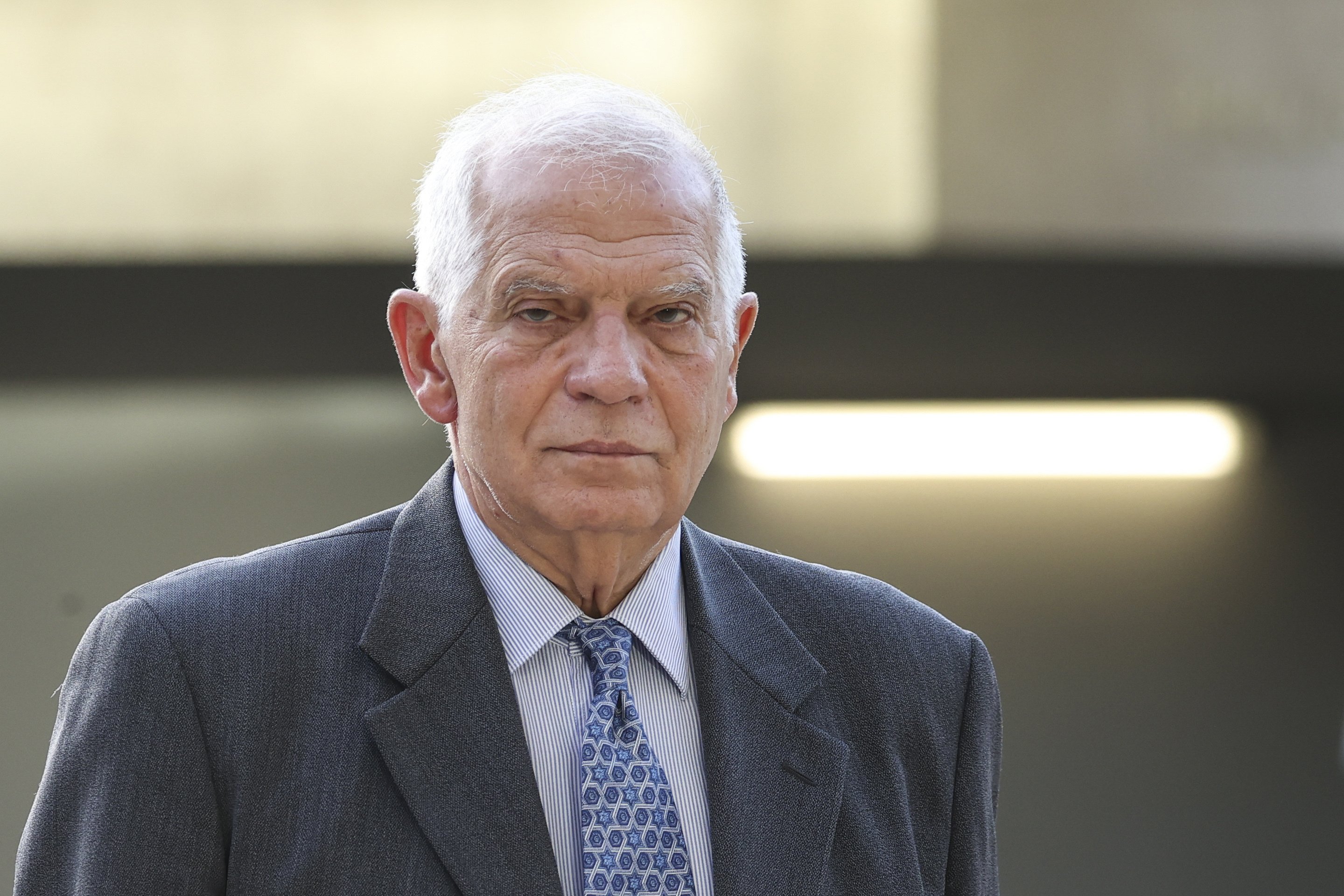Europe's top diplomat Josep Borrell, who found his way into an EU role in 2019, a year after returning to the political frontline to fight against the Catalan independence movement, has once again put his foot in his mouth on the world stage. A few days ago, Borrell made a speech in which he described Europe as a "garden" and the rest of the world as a "jungle". The former Spanish foreign minister added: "most of the rest of the world is a jungle, and the jungle could invade the garden", concluding that Europeans should be more engaged in foreign policy so that this scenario does not materialize. This speech was not well received outside Europe. Politicians, journalists and columnists around the world have harshly criticized Borrell's words. However, the country which has gone furthest is the United Arab Emirates (UAE), which has summoned the interim head of the EU mission in the country, Emil Paulsen, over these "racist" words from the foreign affairs high representative.
"The UAE foreign ministry, represented by the director of the department of European Affairs, Mohammad al-Xehi, and the assistant deputy minister of Political Affairs, Reem Ketait, summoned Mr Paulsen, interim head of the EU mission to the UAE," the Gulf country's foreign ministry said in a statement. According to the EFE agency, the Emirates described these comments as "racist" and asserted that "these statements contribute to the worsening of the climate of intolerance and discrimination around the world". Criticism of Borrell has not only come from the Emirates. According to El Confidencial, Russia has also criticized Borrell's speech, noting that the garden he mentioned "was built by plundering the jungle of the rest of the world during the colonial regime".
As well, The New York Times has reported the controversy and called Josep Borrell's comments "offensive". The leading world daily claimed that his words resonate with neo-colonialism and have opened wounds at a time when the European Union is working on its place in the international order in the face of changes among the major powers. In addition, the newspaper recalled that it is not the first time that Borrell has used the metaphor of the garden, since on other occasions he has referred to Europe in the same way.
The top EU diplomat, Josep Borrell Fontelles, called Europe "a garden" and the world "a jungle," leading to charges of neocolonialism and racism as the EU tries to drum up support in the developing world. https://t.co/J2Pbg6jYR5 pic.twitter.com/WYhU3ctQZH
— The New York Times (@nytimes) October 18, 2022
Among the criticisms of Borrell from within Europe itself, was this speech made in the European chamber by Belgian MEP Marc Botenga (European Left group): "When the highest representative of European foreign policy makes this comparison, the message is that Europe is still driven by neo-colonialism. We cannot let this message pass."
The words of the European highest diplomat @JosepBorrellF are rooted in colonialism and racism. They are unacceptable. The European Parliament should call him out on it. pic.twitter.com/PMAPT44WLH
— Marc Botenga (@BotengaM) October 18, 2022
Josep Borrell's defence
For his part, Borrell denied that his words carried "a message that was racist, colonialist, ethnicist or of the supremacy of the white man". "All that's lacking is, at my advanced age, is for them to label me as a defender of the theses of the neoconservatives," said the European politician indignantly.
In the midst of the scandal launched by Borrell's words and his justification are causing, the president of the European Commission, Ursula von der Leyen, has said that she retains her confidence in the high representative. "Obviously, the president has confidence in the high representative," said Commission spokesperson Dana Spinant.

